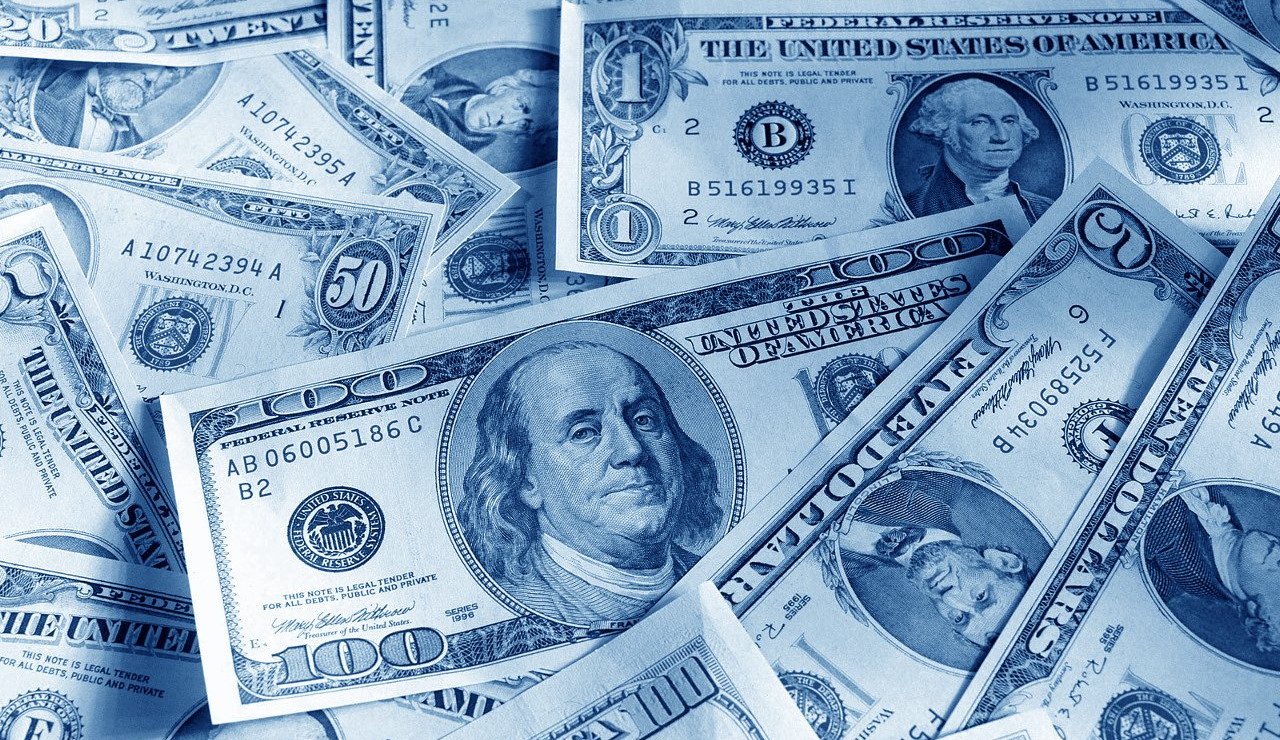The Government of Argentina has adjusted the so-called PAIS tax from 35% to 45% as of Thursday to equate the exchange rate between the local currency and the US dollar to that existing in the unofficial “blue dollar” market.
Argentines making payments with credit cards in US dollars either abroad or for streaming services such as Netflix or Spotify are charged in pesos at the official exchange rate plus the PAIS tax which was introduced to suppress the difference between quotations. However, as the blue dollar keeps soaring and the government is unwilling to admit a devaluation already exists, the increase in the PAIS tax seeks to keep business as usual.
Analysts in Buenos Aires foresee that, as usual, further restrictions would result in the blue dollar further escalating, with its ensuing impact on inflation.
Up until Wednesday, credit card users would pay AR$ 135.15 for each dollar spent abroad. When the 35% PAIS tax was added, it resulted in an exchange rate of AR$236, still some AR$ 47 below the “blue” version, which has reached AR$ 283.
Even transactions made until Wednesday will be reached by the new taxation scheme, it was reported.
The measure was announced just a week after Economy Minister Silvina Batakis said that the “right to travel collides with the right to employment.”
It is expected to impact users who had already made travel plans for the school winter holidays, for whom the option to make purchases at duty-free shops was terminated.
Credit card expenses abroad have no limit. But in case a debit card is used for any purchase, the purchase is deducted from the US$ 200 quota assigned monthly to each person at a lower rate through official banking channels.
Central Bank reserves were reported to be at US$ 40,404 million Wednesday.
Opposition PRO Chairwoman Patricia Bullrich posted a message on social media telling President Alberto Fernández that “thousands of Argentines save for years to travel -perhaps for the only time in their lives- abroad. Enough with useless expenses! Enough with taxes! #BastaDeImpuestos”.
UCR Deputy Mario Negri concurred: ”Populism when it has no resources advances unscrupulously against the middle class. The Government created the PAIS tax (to the tourist dollar) as soon as it took office to face the ’emergency’. But it multiplied that emergency exponentially and now it decides to raise the tax. They are insatiable.”
The PRO and the UCR are the two main components of the opposition Juntos por el Cambio (JxC) coalition that took former President Mauricio Macri to power in 2015.

